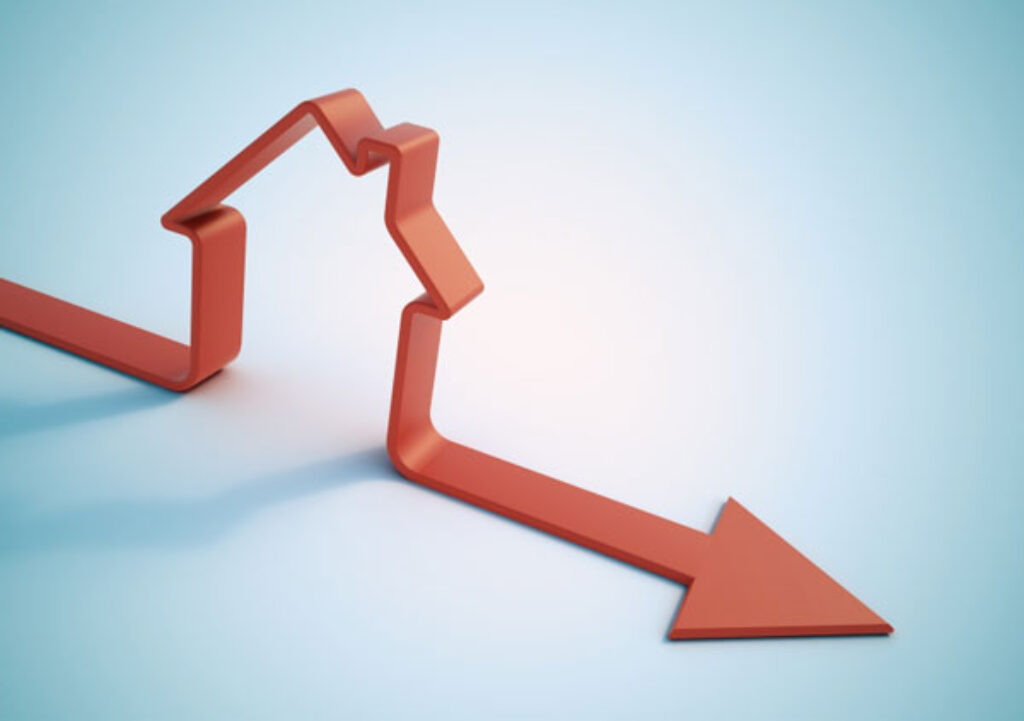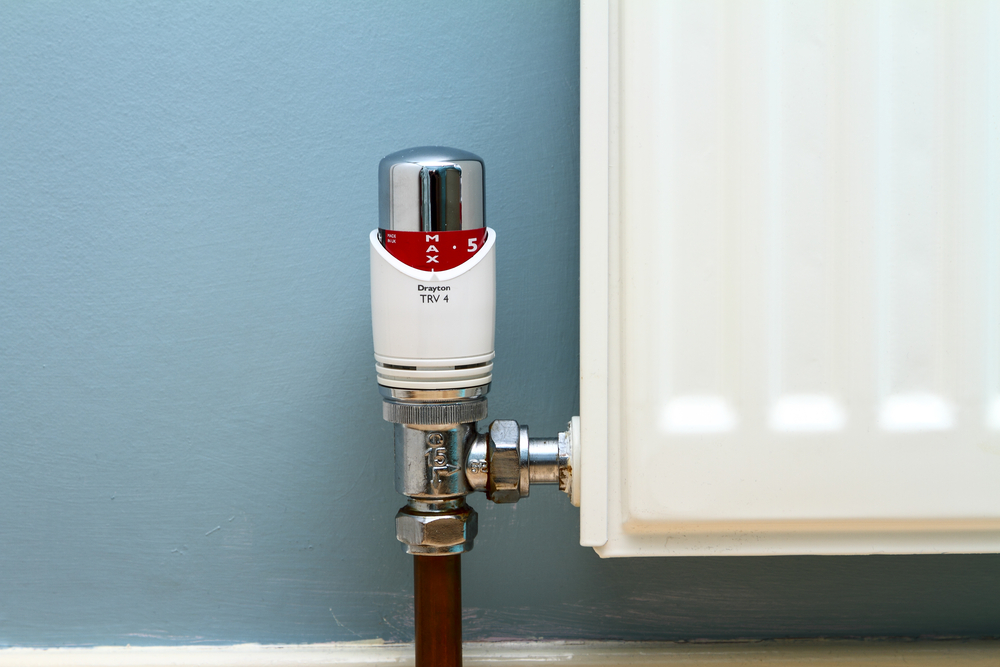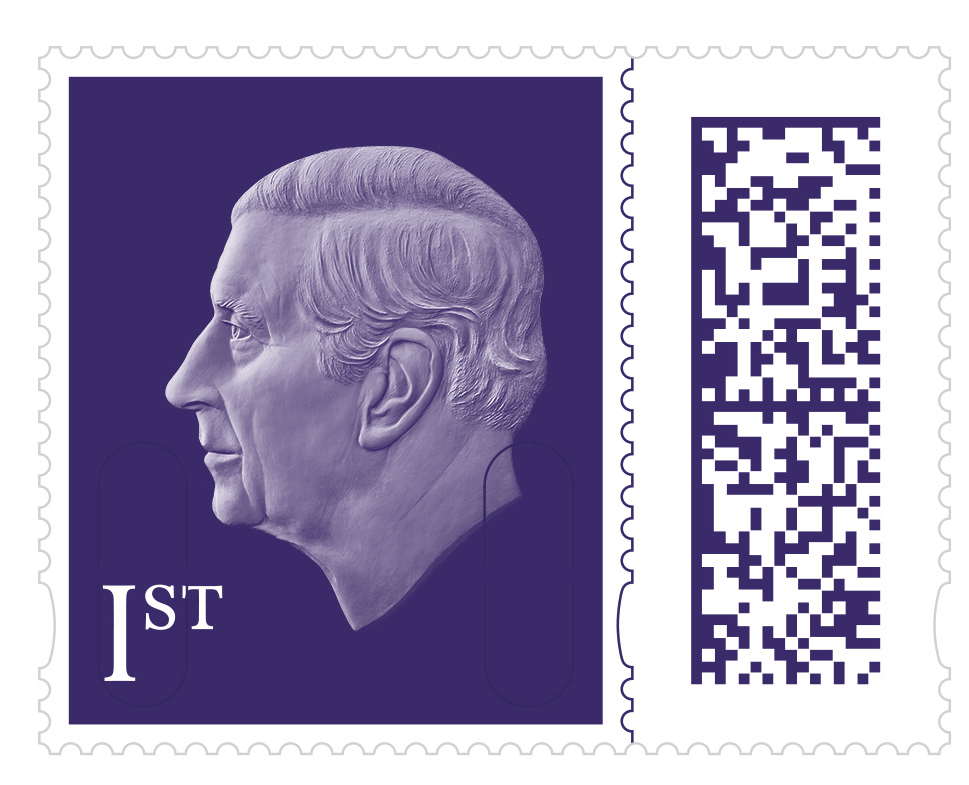During 2022-23, the number of Brits living in ‘absolute’ poverty rose to 12 million, a Government report finds.
It means 18% of the UK population experienced poverty, as the cost-of-living crisis caused over half a million (600,000) people to fall into extreme financial difficulty.
As well as adults, 300,000 more children were in poverty, adding up to 3.6 million in total – the biggest rise since the data was collected in 1995.
This was the demographic of Brits who suffered the sharpest rise in poverty too, according to the Households Below Average Income (HBAI). Its analysis considered the UK’s income distribution before and after housing costs are considered.
Further, after rising food costs and energy bills, there was a surge in families using food banks and a rise in people suffering from ‘food insecurity’ – where there is limited or uncertain access to nutritious food.
One in 10 suffer from ‘food insecurity’
Food insecurity hit 10% of UK households – seven million people – while 3.4% of families used a food bank in the previous 12 months, and well over a third (41%) of households were on Universal Credit.
However, since the survey took place, the number has dipped as cost-of-living support payments from the Government temporarily paused the reliance on food banks.
Meanwhile, as well as working families and children, pensioners also suffered from poverty. Almost one in 10 (8%) were living with material deprivation – a rise of 2% on 2020’s figures.
This jump was the first recorded increase in the measure since the end of the fiscal year in 2014.
‘Material deprivation’ is described by the Government as “poverty derived by the lack of items and activities deemed to be necessary for an acceptable standard of living.”
Across the board, there was also a real-terms drop in household income between 2022 and 2023. Before housing costs were considered, there was a 0.5% dip compared to the year before, but once housing costs were factored in, this fall in earnings increased to 1.5%. This highlights the energy bill price rise that hit UK families.
‘Working people deserve far better’
Paul Nowak, Trade Union Congress general secretary, criticised the Government for the living standards that millions in the UK experienced.
Nowak said: “Hard work should pay for everyone. But millions of working families in this country are struggling to cover even the basics. In-work poverty has rocketed over the last 14 years and the Tories have presided over epidemic levels of insecure work, brutal cuts to social security and years of feeble wage growth.”
Nowak added: “Working people deserve far better.”
Adam Corlett, the principal economist at the Resolution Foundation, was more sympathetic to the Government, but called for a longer-term vision to stop the levels of poverty from rising.
Corlett said: “It’s clear that this living standards hit would have been even worse without the big policy interventions such as Cost of Living Payments. But it’s also clear that strong, shared growth and further policy changes are going to be needed simply to return us to pre-2022 levels of income and deprivation.”





